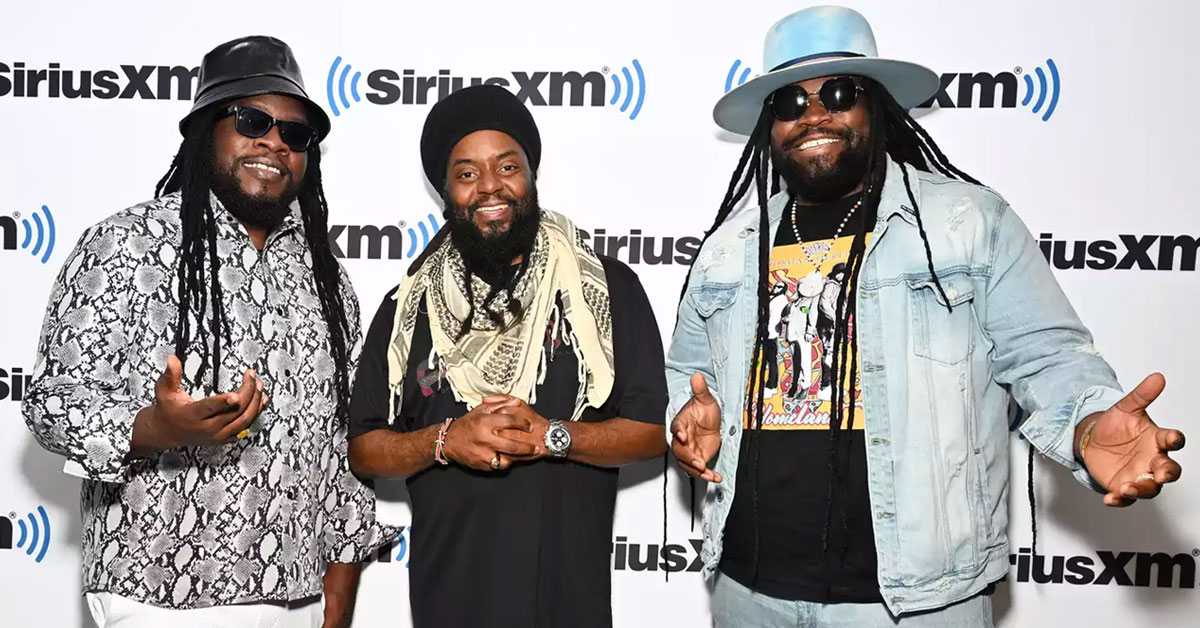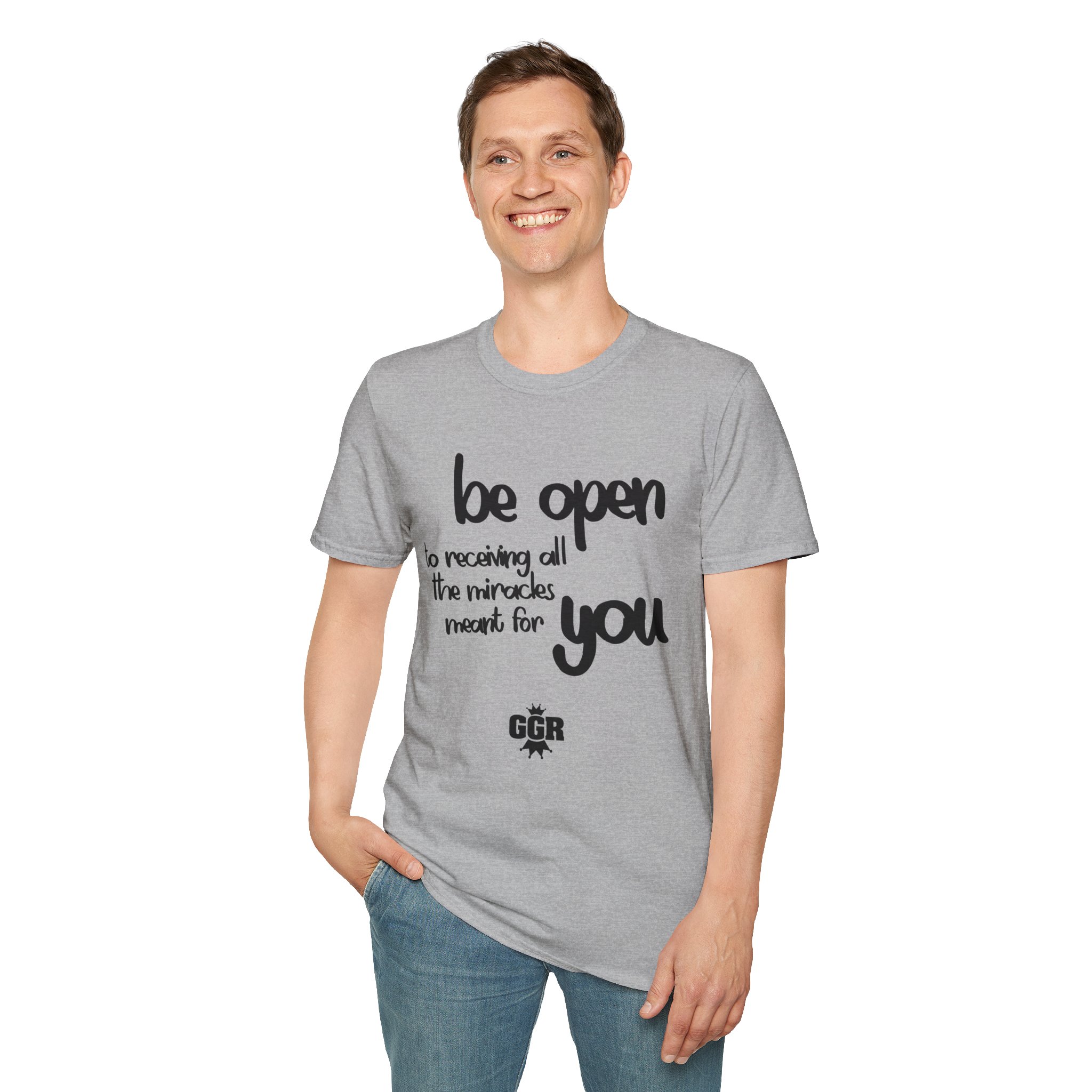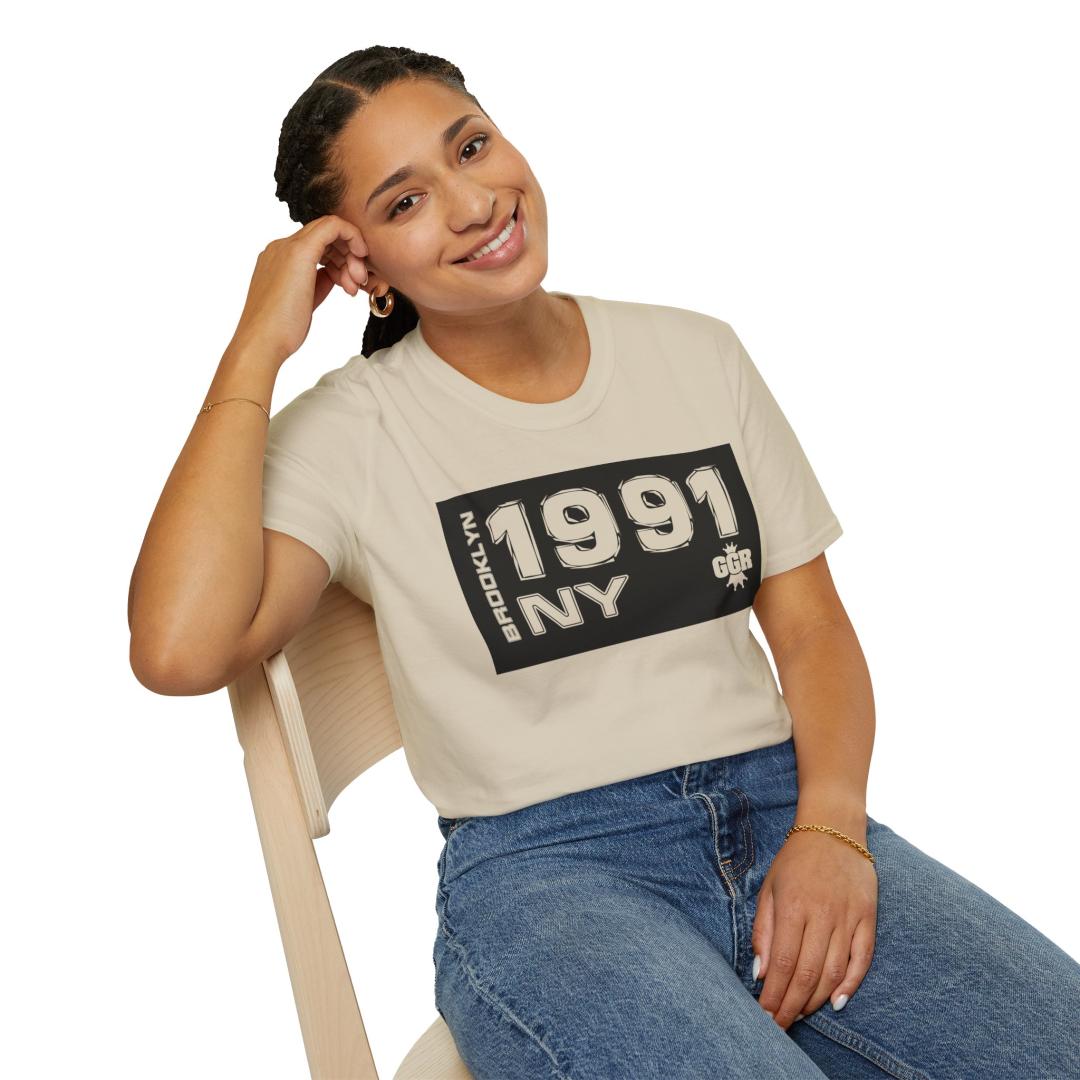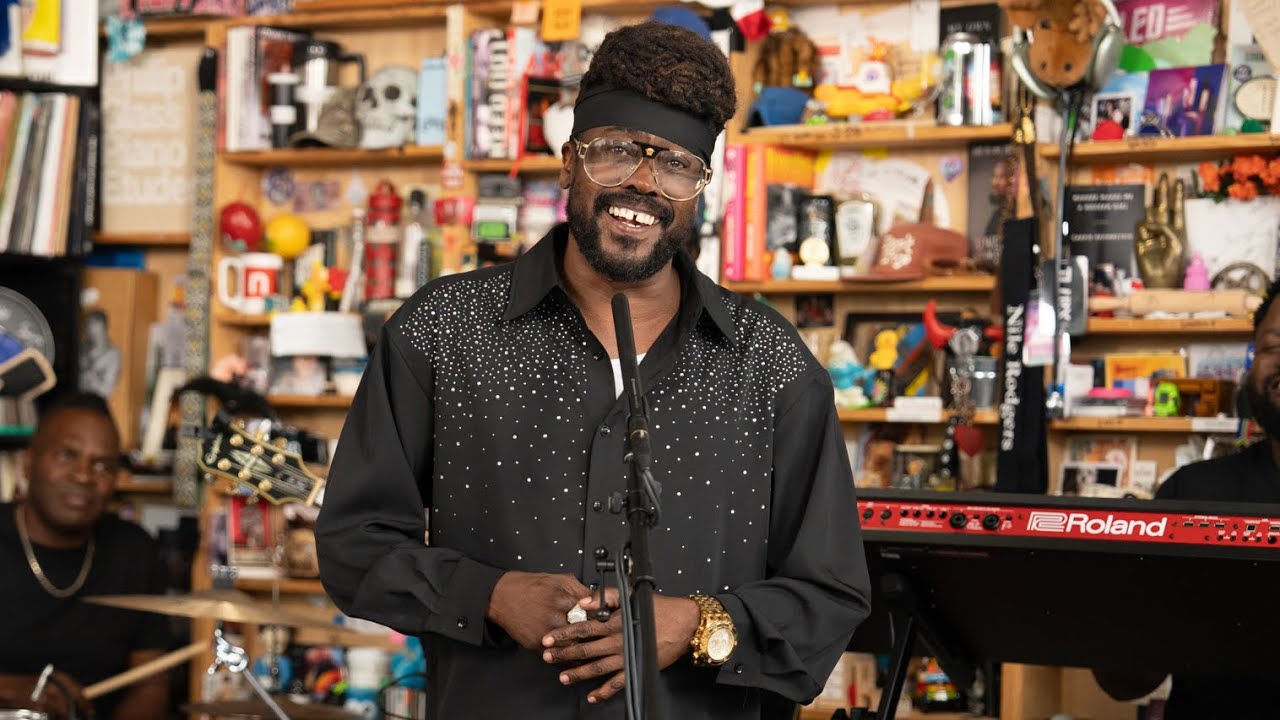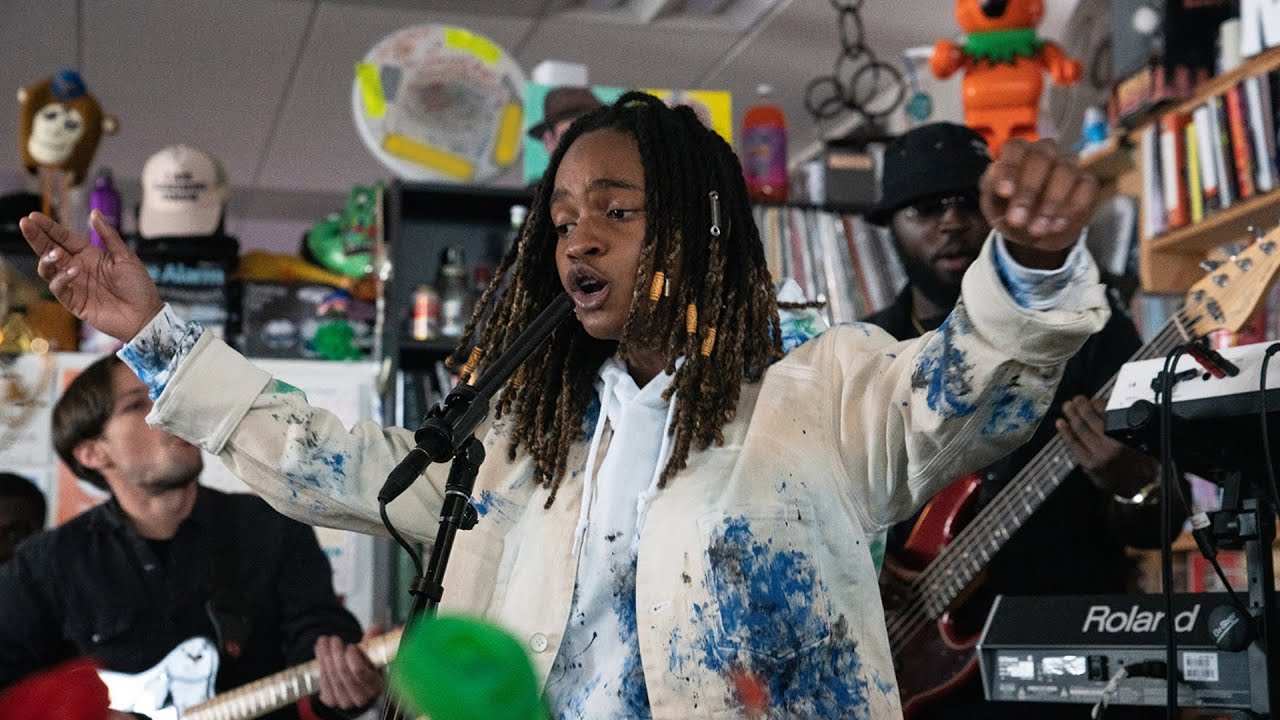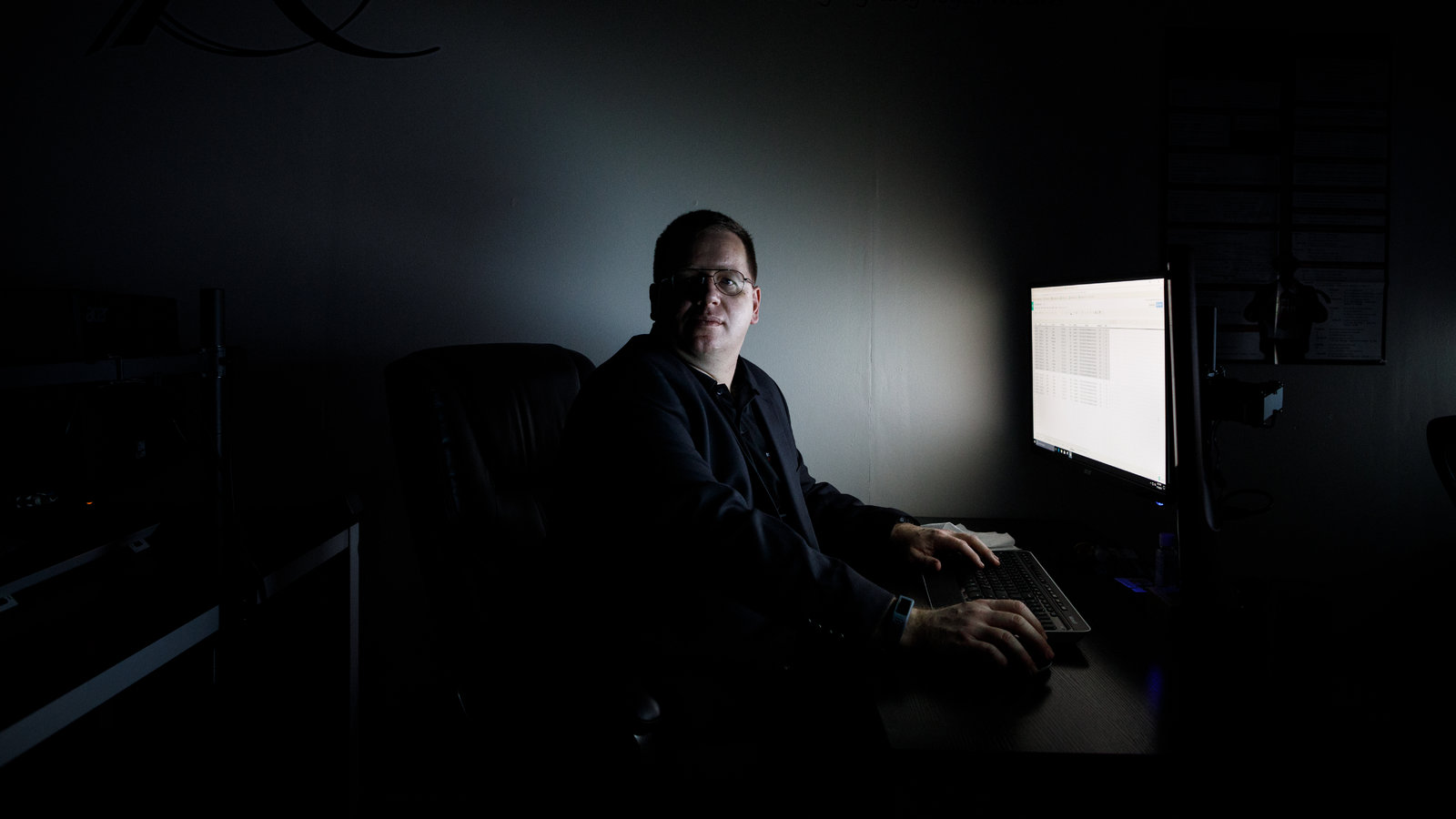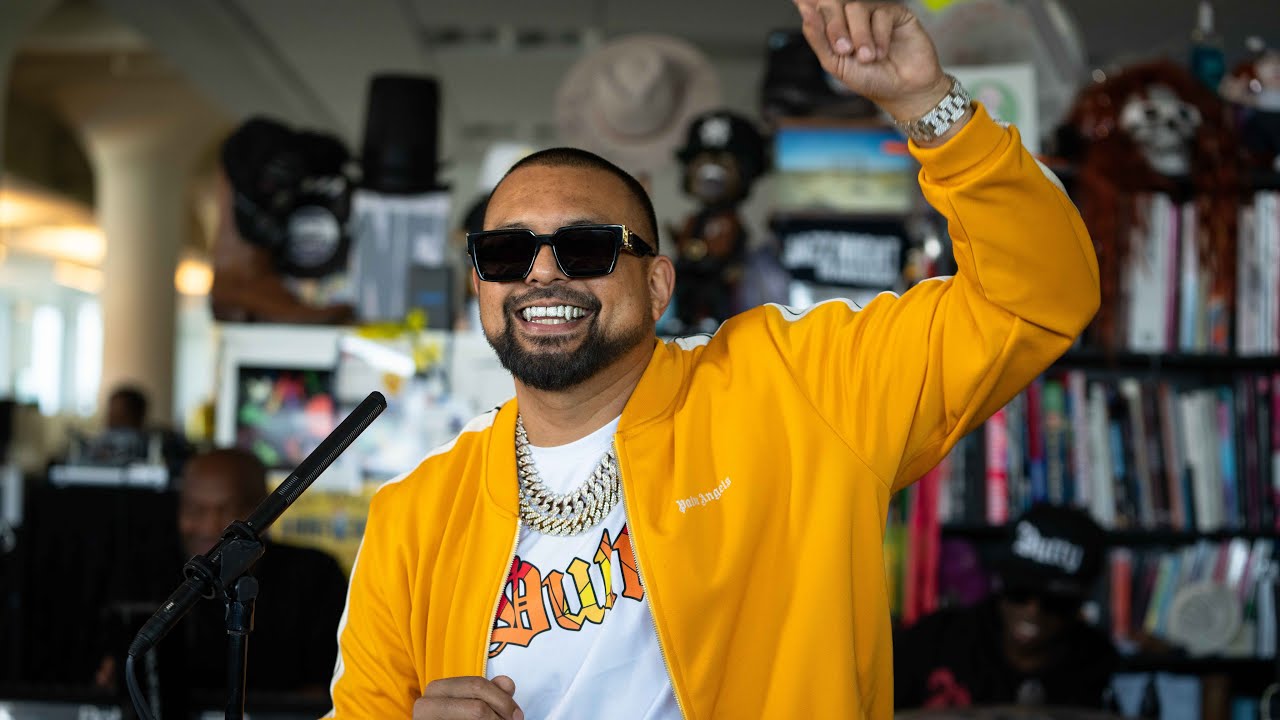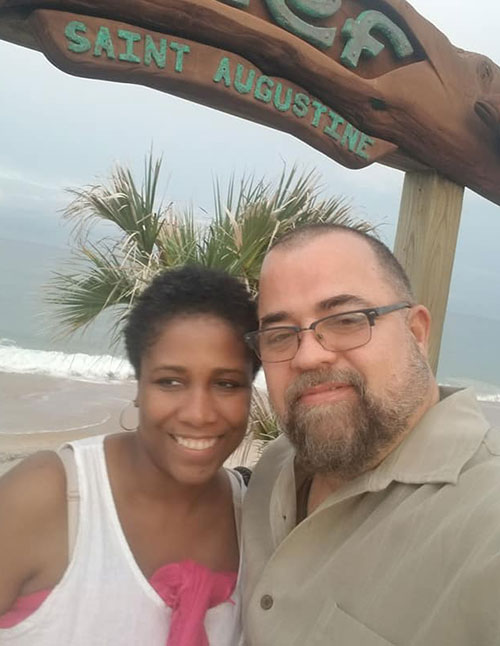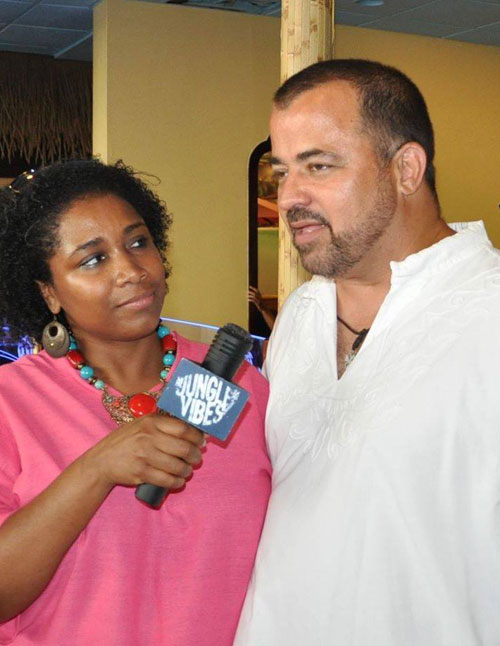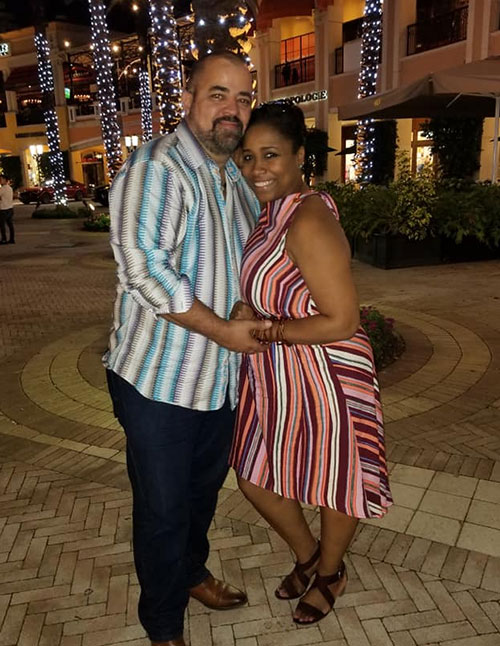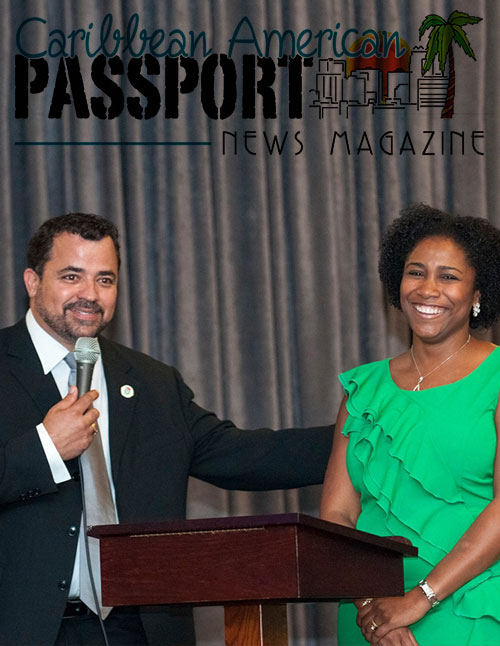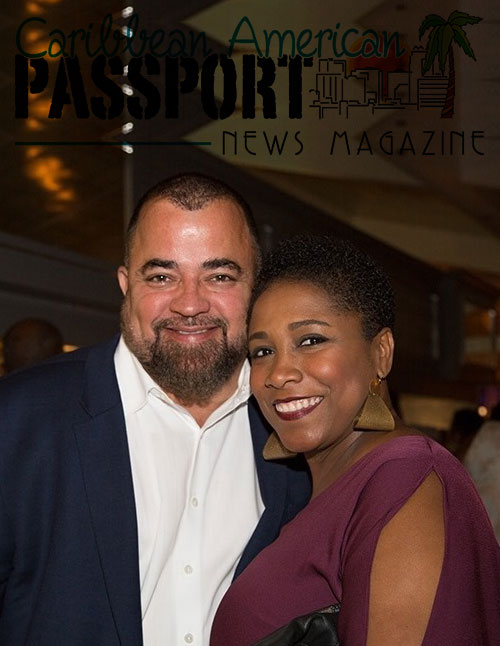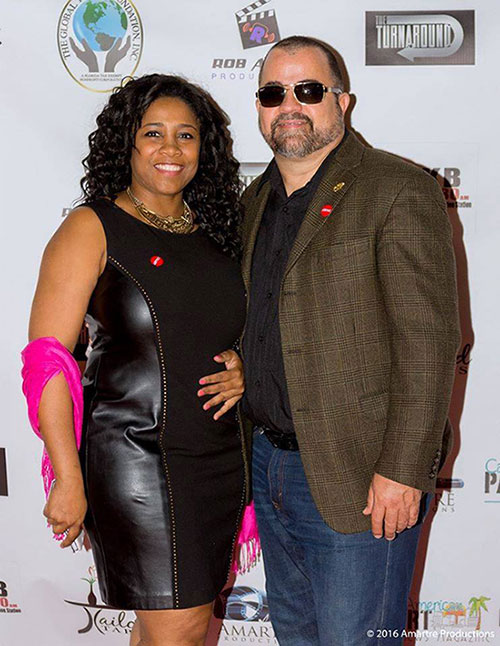In the vibrant tapestry of reggae music, Morgan Heritage stands as a beacon of authenticity, innovation, and cultural significance. Formed in the early 1990s, this family group has not only left an indelible mark on the reggae landscape but has also become synonymous with the genre's evolution and resilience. With a blend of soulful harmonies, conscious lyrics, and infectious rhythms, Morgan Heritage has captivated audiences worldwide, earning accolades and admiration along the way.
Roots and Formation
Morgan Heritage traces its roots back to Springfield, Massachusetts, where siblings Una, Roy, Peter, Nakhamyah, and Memmalatel "Mr. Mojo" Morgan were raised in a household steeped in music. Their father, Denroy Morgan, himself a reggae artist, provided the initial inspiration and guidance for the group. Drawing from their rich Jamaican heritage and Rastafarian upbringing, the Morgan siblings forged a musical bond that would eventually propel them to international acclaim.
Early Career and Breakthrough
In the early stages of their career, Morgan Heritage honed their craft through relentless dedication and perseverance. They released their debut album, "Miracles," in 1994, garnering attention for their refreshing blend of roots reggae with contemporary elements. However, it was their sophomore effort, "Protect Us Jah," released in 1997, that catapulted them into the spotlight. The album showcased their musical maturity, featuring hits like "Don't Haffi Dread" and "Reggae Bring Back Love," which resonated deeply with audiences worldwide.
Global Recognition and Influence
With their distinct sound and poignant lyrics, Morgan Heritage quickly gained recognition beyond reggae's traditional boundaries. Their third album, "Don't Haffi Dread," released in 1999, further solidified their status as global ambassadors of reggae music. The album's title track became an anthem for self-empowerment and cultural pride, earning them widespread acclaim and a Grammy Award for Best Reggae Album.
Throughout the 2000s and beyond, Morgan Heritage continued to push the boundaries of reggae music while staying true to their roots. Albums like "More Teachings..." (2001) and "Full Circle" (2005) showcased their versatility and evolution as artists, blending elements of dancehall, R&B, and hip-hop into their signature sound. Tracks like "Down by the River" and "Tell Me How Come" became staples in reggae playlists worldwide, cementing their legacy as genre-defining musicians.
Beyond their musical contributions, Morgan Heritage has also been actively involved in philanthropy and social activism. They have used their platform to address issues such as poverty, injustice, and environmental sustainability, embodying the spirit of reggae as a vehicle for social change and unity.
Legacy and Continuing Impact
As pioneers of modern reggae, Morgan Heritage's influence can be felt far beyond the confines of the music industry. They have inspired a new generation of artists to embrace their cultural heritage while pushing the boundaries of creativity and expression. From sold-out concerts to collaborations with diverse artists across genres, Morgan Heritage remains at the forefront of reggae's global resurgence.
In an ever-changing musical landscape, Morgan Heritage stands as a testament to the enduring power of reggae music. With their unwavering commitment to authenticity, spirituality, and social consciousness, they continue to uplift and inspire audiences worldwide, ensuring that the legacy of reggae music remains vibrant and relevant for generations to come.

